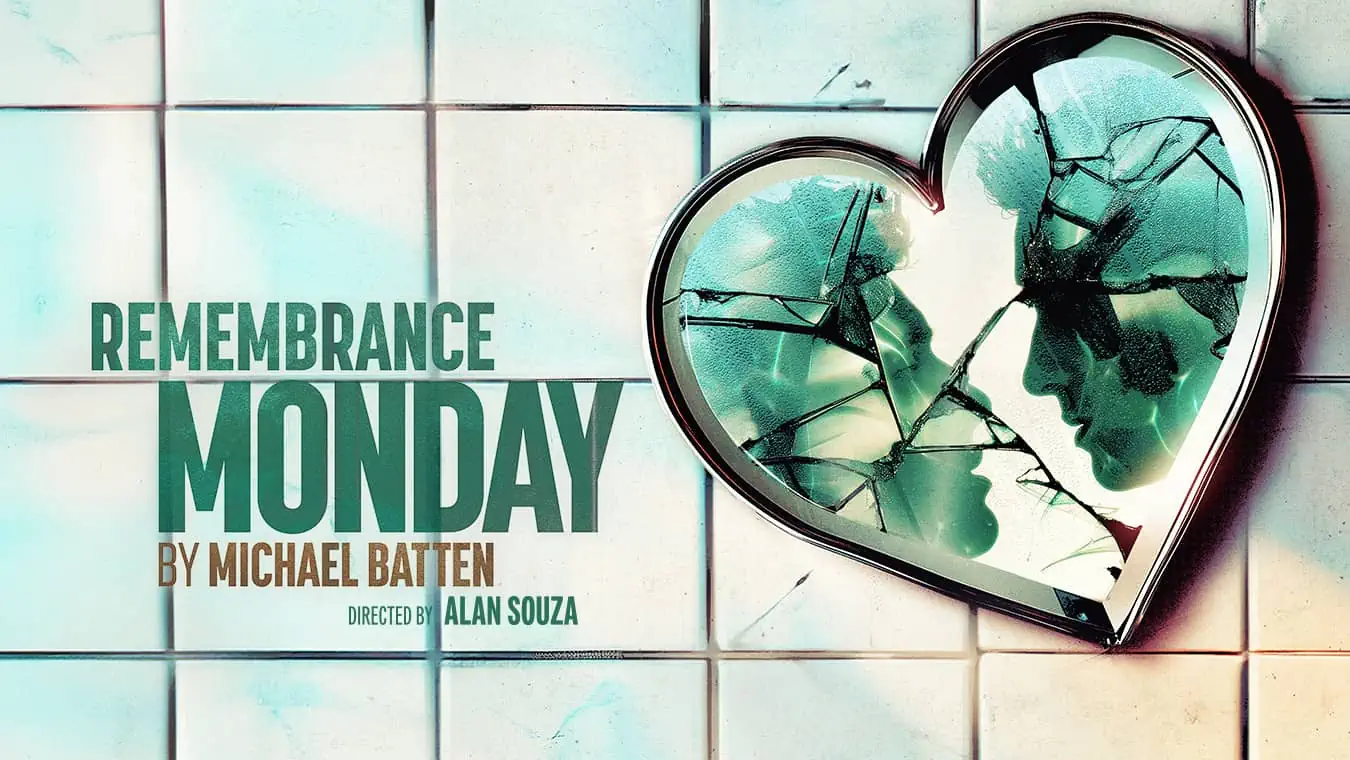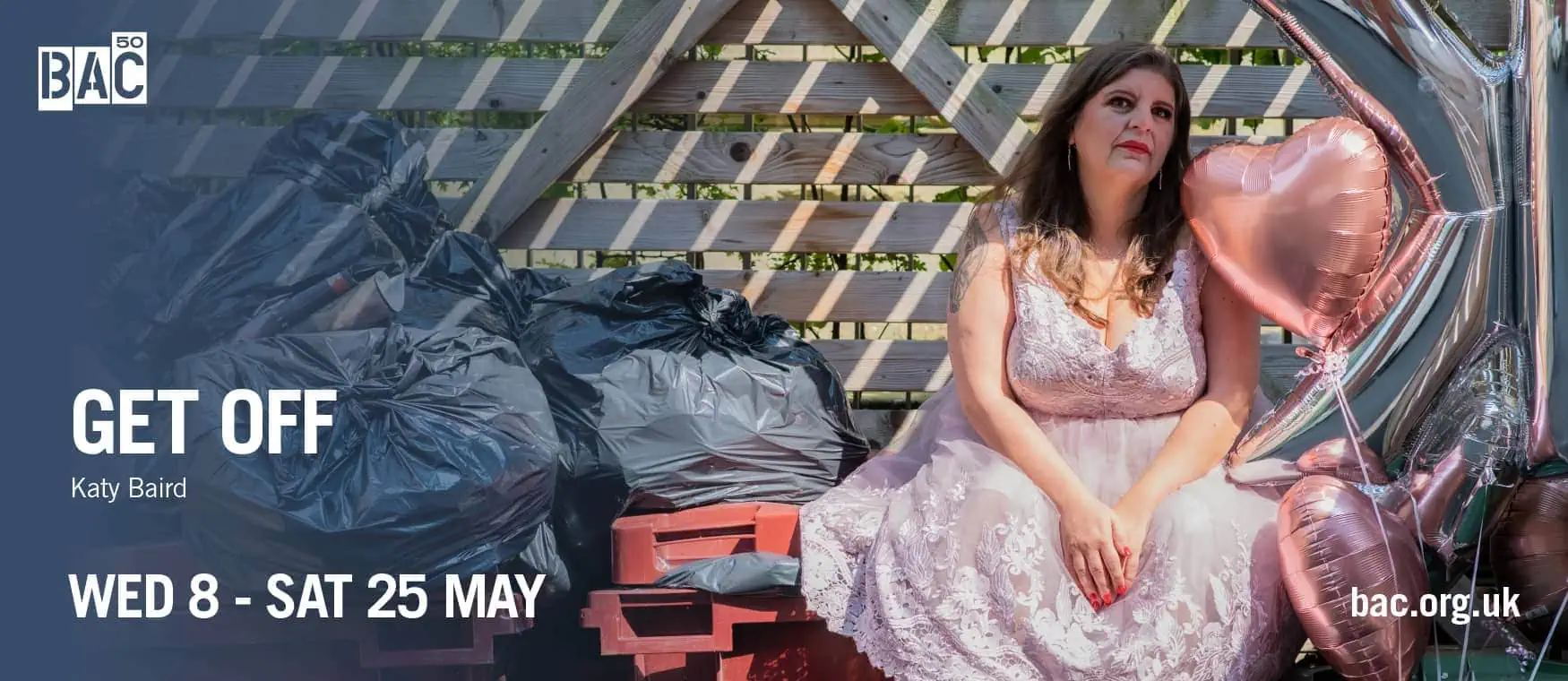At 16 years old, before I even came out, I was attacked and raped in my own bed by one of my colleagues. At 17, I struggled. At 18, I still struggled. At 19, I put my foot down and found myself writing about my experience, frustrated by the silence around rape amongst men.
Before I’d ever even stepped foot in one of Soho’s gloriously gritty bars, my 2012 self ended up getting a summer job at the Olympic and Paralympic games in my hometown of Weymouth, where the sailing events were being held. Between swooning over the Finnish Olympic sailing team and serving porridge to sleepy-eyed athletes at 6am, I befriended a sweet gay guy who I worked with. Before one shift, he popped over to my house for a couple of hours while my parents were out. He was acting differently than normal; and in a blur of panic, he had me pinned down, his arm pressing down into the back of my neck, preventing me from getting away. I was then raped. I’m not sure how long it lasted but to this day it feels like a lifetime.
Even now, I still blame myself for not being physically strong enough to get this guy, a few years older than myself, off of me. After he finished a crime seemed not to care about, I fled my house and worked my shift. When I returned home, to my complete horror, he was still in my room. I went very quiet from there on out.
I was trapped within what my rapist had done, and unable to reach out to anyone for help. Part of not being able to tell anyone about what happened was more than just feeling dirty. As a naive 16-year-old, I was terrified that if I told a single person I’d be outed to my friends and family way before I felt comfortable with other people knowing. Since the incident, I’ve had to overcome and am still overcoming a number of mental health issues, all of which inextricably link back to that day three years ago.
Speaking out about what happened has been the best thing that could have happened to me.
I recently wrote about my experience in the Independent. When I first wrote the feature, I thought one or two people would read it and that would be it. I never expected such a colossal response. What was so amazing about it was the amount of people who had gone through similar experiences messaging me over Facebook, Twitter and email about their individual circumstances; many of who had never told anyone about it. One survivor used the article to gain the courage to go to the police, while others finally opened up to loved ones about their experiences. Even now, I am so surprised by the amount of support the piece got and how many men are silently affected by rape and sexual assault.
But while I was inundated with messages of support, not all were as encouraging. My uniform at said job consisted of the most ghastly khaki chinos, the least sexy cap you could imagine, a polo top and a bright green apron. It was not exactly a provocative work uniform. Yet still came the messages exclaiming how I asked for it and should’ve dressed more appropriately.
Following my story in The Independent, I wrote similar pieces for Attitude and the Daily Mail. Knowing the sort of Daily Mail readers I’ve met previously, it was that publication I was worried about the most. But it was the response from the gay community following the Attitude piece that surprised me the most. One guy claimed that it was merely a regretful loss of virginity, while another claimed I should be grateful for getting laid.
Rape goes far beyond just saying ‘no’, especially within the gay community. Many times there is no chance to say ‘no’, whether out of fear, shock or politeness. It’s important to understand that by not denying consent we are by no means providing it. Too often unwanted persistence and one-sided lusting, amplified by the sexual pressures within the LGBT community, blur distortions between what is and is not consent. Embedded in many who use dating or hook-up apps, rapists justify and legitimise their actions by assuming the consent of their victim without them saying ‘no’.
“I am so surprised by the amount of support the piece got and how many men are silently affected by rape and sexual assault.”
According to charity Rape Crisis, 12,000 men are raped in England and Wales every year. For women this number is a shocking 85,000, and needs to be tackled immediately. While this is happening, we should make sure that we’re addressing the issue of male rape too. Only 15 per cent of women report their sexual attacks, yet this remains significantly higher than male victims. Survivors UK believe that 97-98 per cent of men don’t report what happened to them – and I’m included in that figure. Unless such issues are spoken about and understood more, I doubt this statistic will ever change.
The conversation of rape in both men and women needs to go so much further than just the primary eventualities. The long-term effects of such a violation are just as hard to deal with. From self-harm to eating disorders, unsustainable relationships and intimacy issues, unsafe sex, disruption in studies or work and the perpetual feeling of self disgust, rape is far more long lasting than discussed. It is just as important to talk about the longer lasting effects than it is to have open taboo-less conversation about sexual harassment in men. At the moment, there seems to be neither.
Nothing is going to change if there is no conversation.
One person who messaged me told me how he felt “relieved it wasn’t just him” after reading about it happening to others. “Immediately when something this horrific happens to someone they begin to feel alone. And I did,” he said. “So to read your article and to know that you’re in a relationship and you’re happy with your life now and you’re moving on kinda gave me hope.”
Another survivor told me about seeing the original feature. “I stumbled across the title of [the] article,” he said. “My heart pounded in my chest I felt sick and sense of dread and fear crept back in from the back of my mind. The words I was reading were all too familiar to me. I was taken back to that time of my life when I quickly withdrew, when I questioned who I was, when I contemplated the unthinkable.
“Reading the comments, I was relieved others were doing the same; they were uniting and supporting each other. Instantly I reached out to the guy…I told him how much he had helped even after all these years. I told him nobody knows and I wished I could have been like him to inspire and help others”
In writing about this, I’ve been able to come to terms with what happened to me for the first time. I’m talking, because I know it’s the right thing to do. No one should let their experiences rot away within themselves.
No means no, no will continue to mean no – and male rape needs to be spoken about, urgently.
Talk. Keep talking.














